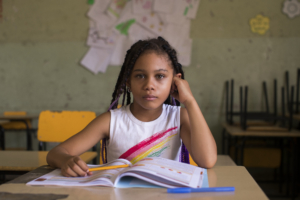 Joining the fight to tackle period poverty in the Dominican Republic, Batey Relief Alliance, a nonprofit organization in the Dominican Republic, worked with Always, a famous American brand of menstrual products, to distribute pads to Dominican women through their #ChicaAyudaChica campaign.
Joining the fight to tackle period poverty in the Dominican Republic, Batey Relief Alliance, a nonprofit organization in the Dominican Republic, worked with Always, a famous American brand of menstrual products, to distribute pads to Dominican women through their #ChicaAyudaChica campaign.
Period Poverty and its Effects
According to UNFPA, “period poverty describes the struggle many low-income women and girls face while trying to afford menstrual products.” Though period poverty is a global issue, it is more prevalent in countries where women are disproportionately impacted by economic hardship. In the Dominican Republic, while the poverty rate is 3% higher for women compared to men, it is also important to note that “40% of women [carry] out unpaid work at home.”
Societal norms limit many Dominican women to domestic work rather than professional occupations. Women in rural Dominican Republic who do work often earn a total of $1 per day when the average package of pads costs $3, making it near impossible for them to afford the products. Thus, the cycle of period poverty persists.
Along with financial difficulties, women also struggled to access menstrual products due to COVID-19, as shown in a survey conducted in 30 countries including the Dominican Republic. Per the survey, 73% of health professionals noted that increased shortages and disrupted supply chains restricted women from buying menstrual products. In addition, 68% of health professionals highlighted that there was limited access to “facilities to change, clean and dispose of period products.”
Without access to sanitary products, most girls fear they will bleed through their clothing and be seen as “unclean” or “dirty” due to the taboo placed around periods and sexual health. In response, some girls trade sexual favors for money to pay for their menstrual products, while others simply stay home from school. These absences lead to lasting negative effects as these girls sometimes miss out on their education or drop out altogether.
How Batey Relief Alliance is Helping Dominican Women
Batey Relief Alliance is a non-political nonprofit founded in 1997 that addresses extreme poverty for women, children and families across the Americas and the Caribbean. In 2021, the organization revealed that 20% of Dominican girls in rural areas missed an average of 2-3 days of school monthly due to lack of access to menstrual products. Overall, a UNICEF report notes that only 56.7% of Dominican girls complete high school.
In response to period poverty in the Dominican Republic, the organization partnered with Always and a famous supermarket chain in the Dominican Republic called La Sirena to launch the ChicaAyudaChica campaign on April 6, 2022. The ChicaAyudaChica, or GirlHelpsGirl campaign is a response to the financial strain the pandemic placed on low-income families. The initiative grew using platforms like Twitter and Facebook to reach a bigger audience. By the end of the month, Always donated 20,000 sanitary pads to girls who lived in the rural province of Monte Plata, the seventh poorest town in the Dominican Republic.
Moving Forward
Even though the campaign is over, Always continues the fight against period poverty through its ongoing #EndPeriodPoverty movement, using social media as a tool to spread the word. As awareness of period poverty and its effects increases, the more young girls and women can gain control over their well-being and future economic opportunities.
– Blanly Rodriguez
Photo: Flickr
 Period poverty is a global socio-economic issue that girls and women face due to the
Period poverty is a global socio-economic issue that girls and women face due to the 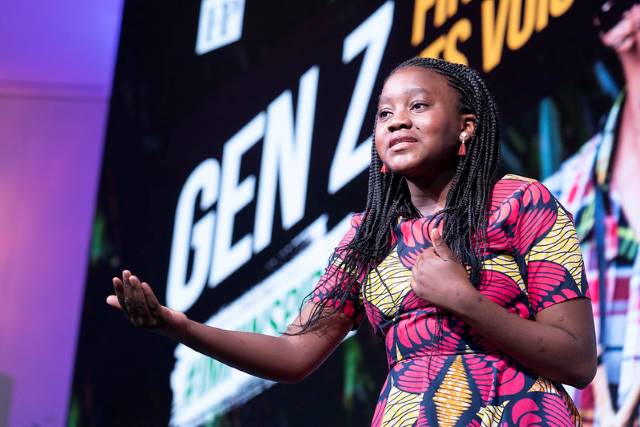 Generation Z, born between the mid to late 90s and 2010, has proven to be highly outspoken and diverse. Succeeding the millennials, this group is at the front lines of activism advocating for key issues including equality, global health and mental awareness. Listed below are three ways Gen Z activism is changing the world.
Generation Z, born between the mid to late 90s and 2010, has proven to be highly outspoken and diverse. Succeeding the millennials, this group is at the front lines of activism advocating for key issues including equality, global health and mental awareness. Listed below are three ways Gen Z activism is changing the world.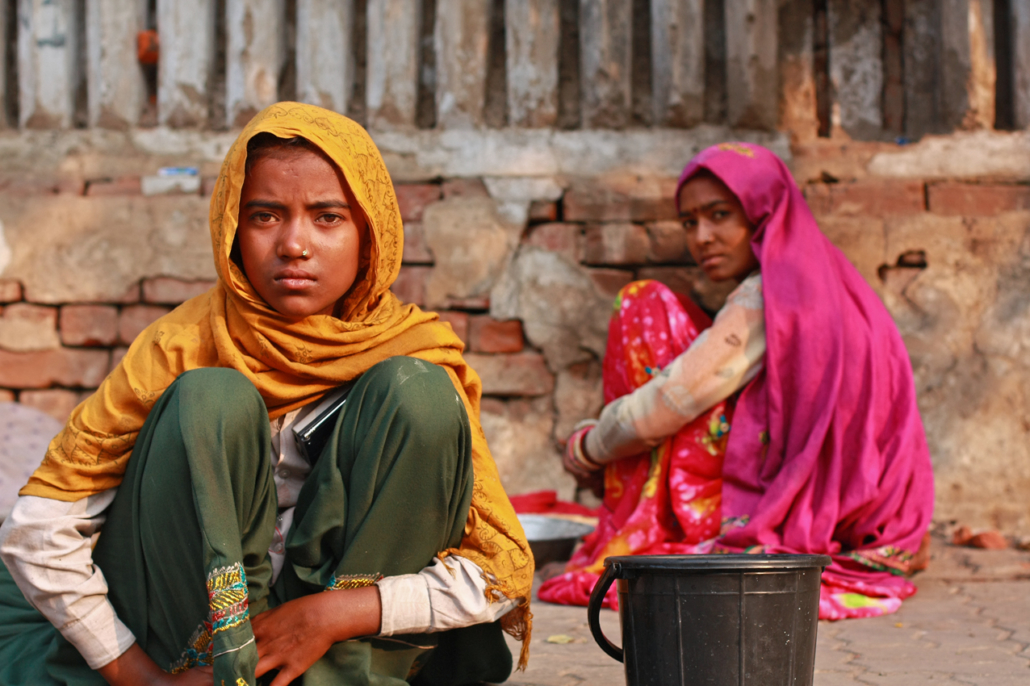
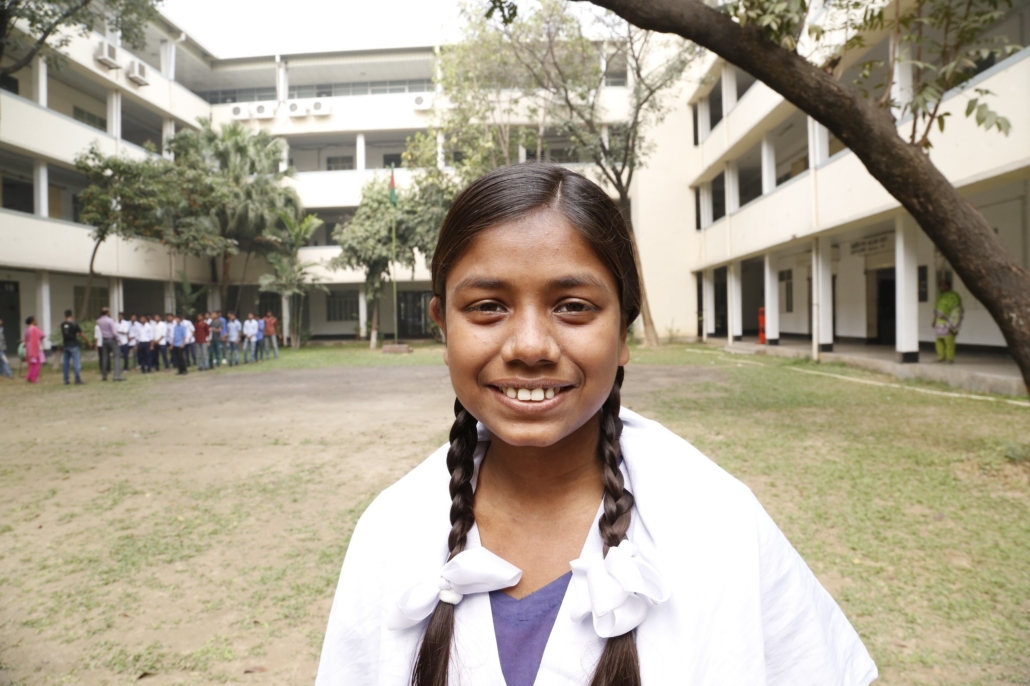
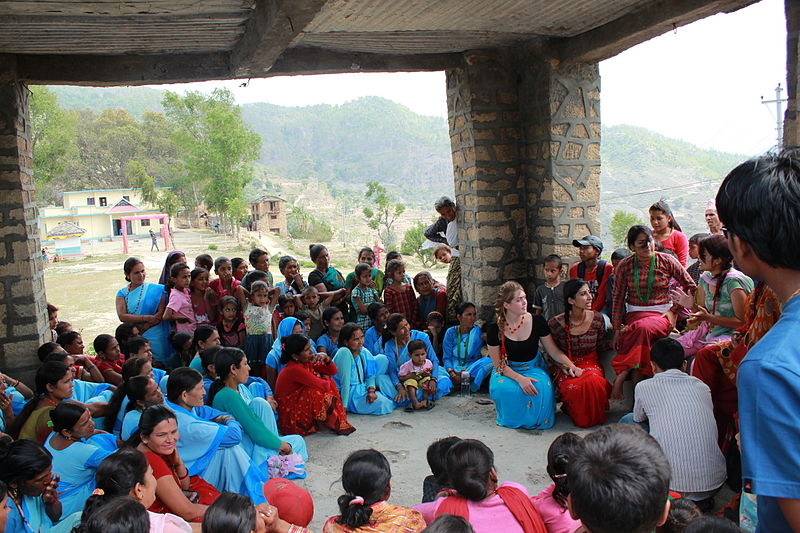
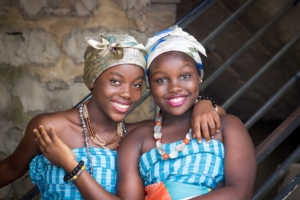 Lack of access to menstrual products impacts many girls and women in both the developing and developed world. Having a period without access to proper sanitation products can hurt a girl’s educational and life opportunities. However, these four organizations fighting period poverty are providing access and empowerment to girls and women in need.
Lack of access to menstrual products impacts many girls and women in both the developing and developed world. Having a period without access to proper sanitation products can hurt a girl’s educational and life opportunities. However, these four organizations fighting period poverty are providing access and empowerment to girls and women in need.